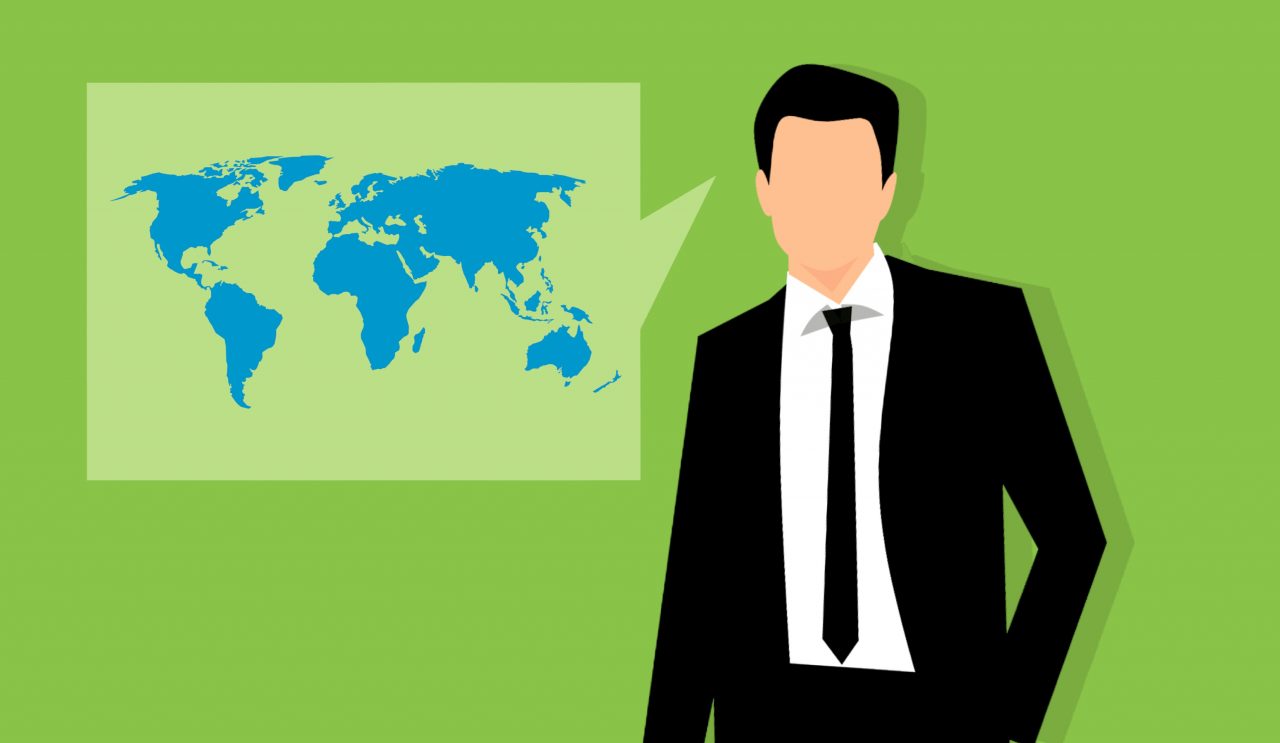
Open borders vs. closed borders
Alright! Who wants to chat about borders?

Can we start with the basics?
Sounds good to us!
Cool. How are you defining a border?
Borders are those lines on maps that tell us where one place’s authority starts and where another stops.
Sounds simple, right? But borders have caused a lot of trouble throughout history, mainly because people keep trying (and often succeeding) to change them through things like declaring independence for a certain part of a country or by seizing bits of someone else’s country.
Seen any of the recentish news stories about Catalonia (the part of Spain that declared independence in October 2017, only for Spain to say nuh-uh) or Crimea (that bit of Ukraine Russia took over in 2014 and said was theirs now)? They’re modern examples of how people can disagree about where borders start and stop.
Yeah, yeah, nice geography lesson. WTF has that got to do with economics?
We’re glad you asked! So lots of economics is tied up around border crossings. There’s trade, which is where goods and services cross borders. There’s immigration and tourism, where people cross borders. And there’s , which is money crossing borders.

Alright. But so what?
So one of the things about borders is that you can’t just cross them willy-nilly: you need permission from whoever is in charge of the areas that border is for. That’s as true for people as it is for goods, for services and for money.
Now, these permissions can be super lax, to the point where you can just take stuff across the border without even having to inform anyone. Think of the European Union, where member states can freely swap stuff and their people can move around as much as they like. We call these open borders.
Or border permissions can be super strict, sometimes to the point where nothing is allowed to cross the border at all. Think of North Korea, who doesn’t allow its citizens to leave the country. We call these (you guessed it) closed borders.
Oh, and border permissions can be completely different for different groups: really lax for goods, say, but super strict about people.
How open or closed its borders are changes the way an economy looks. And that means there’s loads of debate between economists and politicians and ordinary people about what - and how much of it -should be allowed through borders.
Give me an example.
Okay: without semi-open borders, Britain wouldn’t have avocados, Mo Farah or foreign exchange derivatives (it’s a complicated financial thing, don’t worry about it). Or to put it another way, without trade, immigration and a lack of , we wouldn’t have as much choice in what we buy, as much talent in our country, or the big rich hub of international finance which is the City of London.
That doesn’t mean open borders are always considered a good thing. Some people say flying things like avocados around the world has ruined our environment, that taking in immigrants puts pressure on our public finances and that bankers coming up with ever-more complex financial products created the 2008 financial crash that we’ve all just lived through.

Okay - I have opinions about things like immigration and the environment. How should those opinions make me feel about borders?
The important thing to remember is that lots of economics is about tradeoffs. So, let’s take migration as an example. There are lots of studies saying that lots of migration makes countries wealthier (overall; some reports think low-skilled locals might have their wages pulled down a bit). So if you think (making our country richer by producing more stuff, basically) is the most important thing, you might say that open borders for people is a policy you want your government to support.
But economic growth is just one measure of value, and one lots of people don’t think it is good to focus on. There are other things people think about when they decide how much migration they want, such as how they feel it might impact local culture (positively or negatively) or whether they think it’s a human right to be able to live and work wherever you want, regardless of how much money you make by moving.
Border openyness (not a technical term, you’ll be shocked to hear) for goods and services is also complicated... and right at the heart of the discussion around Brexit (that’s the UK quitting the EU, on the off-chance you didn’t know). You might have heard politicians on both sides throwing around a lot of terms like “customs union” and “ ”. Basically, what they’re arguing about is whether the UK and the EU should still be allowed to send whatever goods and services it wants through their borders or whether taxes (tariffs) should be charged on them.
Some Brits think putting tariffs on EU stuff could help UK businesses and industries get bigger and employ more people because they'd have a home advantage over competing EU businesses. But others say that competition is exactly why we need tariff-free trade, because it lowers the prices of all the day-to-day stuff we buy, like food.
Getting your head around that is only the start, because the EU has come out and said it’ll only give us open borders on goods and services if we give it open borders on people (along with money, these are known as the EU’s ‘four freedoms’). So people who want closed-ish borders for people and open-ish borders for trade might have to decide about which one they want more, and what they value the most.
So is there a right answer?
Lots of people would say so… but they’d probably all have different answers from each other!
If and how many people should cross borders is a big debate in economics, as is if and how much stuff should cross border (this is often referred to as vs. free trade). Both are complicated, nuanced issues that don’t always have simple answers.
But that doesn’t mean you shouldn’t be joining in the conversation about it.
Enjoyed this? Want more? Get jargon-free news into your inbox daily at get.ecnmy.org
TL;DR? Watch our video explainer on borders instead!



